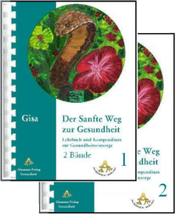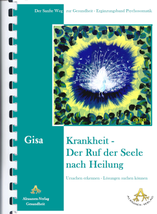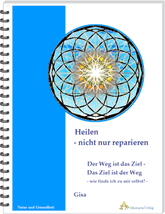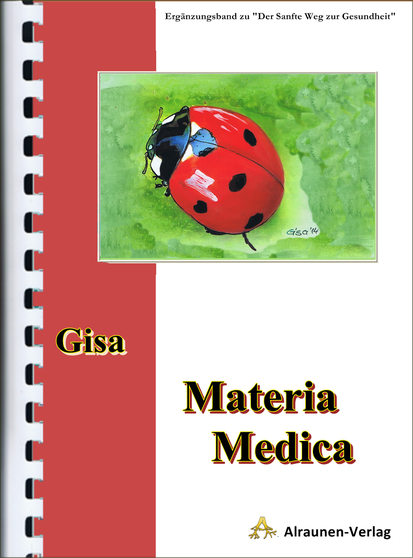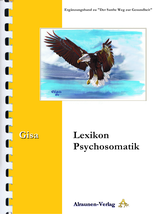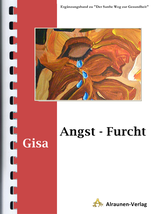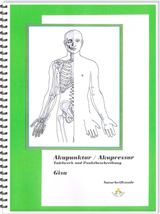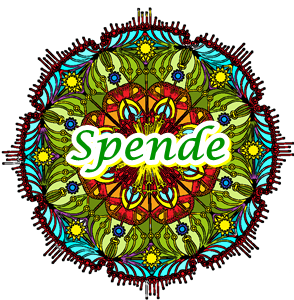Botanical name: Cichorium intybus Linn.
Family: Compositae.
Synonyms:
- English: Chicory, Wild Succory;
- Spanish: Achicoria;
- French: Chicoree sauvage;
- German: Wilde Zichorie, Gemeine Wegwarte.
Mind / Emotions
Active attention toward others, interest in getting to know or setting right or caring for each detail of the lives of others. Self-righteously convinced that one’s intentions are true and for the other’s benefit. Conscientious about trifles. Can be strong in willpower and self-control; opinionated.
Helpfulness and service, often with a sacrificial bent and yet carrying the ulterior motive of binding others closely in gratitude and dependence. Expects to be appreciated and heeded in return for the continued service, responds with self-pity if unappreciated. Especially during illness, relies on others, expecting their devotion. Patient may or may not be aware of the ulterior motive to secure closeness with others. Possessiveness, capriciousness, easily offended. Hurt feelings from unrequited love. Passive manipulations to gain the attention and affection of others, pouting, feigning of illness, withholding affection. Underlying passive Chicory dynamic in mental and behavioral disorders: Factitious disorder (feigning of illness), somatoform pain disorder (preoccupation with pain without physical findings) and somatization disorder (long-standing medical complaints without apparent illness; hypochondriasis; eating disorders, conversion disorders (hysterical neurosis, conversion type), histrionic personality disorder (attention-seeking through sexual means).
- MIND – CENSORIOUS
- MIND – COMPANY – desire for
- MIND – DICTATORIAL
- MIND – EGOTISM
- MIND – FEAR
- MIND – FEAR – failure, of
- MIND – PITIES herself
- MIND – POSSESSIVENESS
- MIND – WEEPING – easily
- MIND – WILL – strong will power
Physical
Fussy, overly engaging and overly activated mannerism. Domineering posture. Tight, rigid appearance from upholding the continued service despite normal fatigue; may lead to musculoskeletal diseases (connective tissue disease, soft tissue rheumatism, rheumatoid arthritis).
Cross or “bilious” temperament; passing of bile into blood; Chicory finds herbal application in counteracting this condition. (In homeopathic use, Cichorium intybus is indicated in a “set,” stagnant, or fatigued organism; the homeopathic remedy is prepared from the root of the plant.)*
- Hyperventilation syndrome
- Constipation
- Liver and gallbladder disturbance
- Soft tissue rheumatism and rheumatoid arthritis (
- Any physical illness based on conversion disorder (or hysterical neurosis, conversion type)
- Migraines
- Asthma with inspiratory difficulties – ‘singultus’ (
- Bronchial asthma with expiratory difficulties
- Eating disorders (anorexia nervosa and bulimia)
- Gastric and duodenal ulcers – tyrannical patients
- Gastric and duodenal ulcers – patients with character neurosis
Compare
Heather: Believes to deserve attention; self-pity when thwarted; eating disorders (Crab Apple); hypochondriasis (Mimulus); feigning of illness and malingering for personal gain (also Chestnut Bud, Vine, Willow).
Vervain: Wants to set things right for others, yet seeks to arouse enthusiasm in others as well.
Vine: Controls others for personal gain; independent, relies less on the gratitude and appreciation of others.
Scleranthus: Hysterical neurosis, conversion type; lack of interior balance; instability of affection; mood swings.
Cherry Plum: Seeks attention through sexual means (histrionic personality disorder).
Willow: Self-pity and refusal to give, once hurt or undermined; moodiness, blames others; easily offended.
Homoeopathic Medicine and Chicory
Chelidonium majus: Pragmatic attitude, interest in serving and setting things right in a practical way; discrediting own emotions, lack of tuning in to the true emotions of others; yet need for belonging and closeness with others; self-pity when not appreciated; migraines; musculoskeletal disorders marked by tightness and constriction; jaundice, liver and gallbladder disorders [hepatitis, cholecystitis, cholelithiasis (formation of gallstones)].
Dulcamara (Solanum dulcamara): Controls the family; opinionated, strong-willed, self-righteous, and tyrannical; expects gratitude from others; overly concerned with health issues in regard to the family; despair over trifles; asthma; connective tissue disease, rheumatism; yellow discoloration of skin.
Arsenicum album: Perfection-oriented and conscientious, also in taking care of others; critical and possessive; deep inner need for belonging and security in relationships; cannot tolerate disorder or disharmony, sets things in order; eating disorders (anorexia nervosa); asthma; gastric ulcer; hepatitis, enlarged liver, cirrhosis, jaundice.
Lilium tigrinum: Highly irritable, aggressive, and controlling; expects gentleman-like love and affection, as well as the fine or noble things of life; wants to give herself but knows not how; nothing pleases; feels sexual dissatisfaction to be the reason for unhappiness, yet entertains strong religious oppositions; hysterical neurosis; rheumatoid arthritis.
Pulsatilla nigricans: Seeks the affection of others, needs close bonding; usually gentle and yielding; deep hurt on being rejected or unappreciated, weeping; changeable emotions and physical symptoms, possessiveness, and capriciousness; hysterical neurosis; migraines; eating disorders; asthma; rheumatoid arthritis, connective tissue disease; yellow discoloration of skin.
Sepia officinalis: Irritable, apparently indifferent to those loved best, withdraws into “dark cloud” after disappointments; withholds devotion, is miserly, yet strong need to be with others and exchange affection; may weep frequently; migraines; gastric ulcer; liver disorders, jaundice; constipation; stagnant physical functions; connective tissue disease.
China officinalis: Feels unfortunate and mistreated by others; retreats in silence; hypochondriasis; inclination to rebuff others; plans and envisions projects but cannot implement them; physical and mental irritability; migraines; hyperventilation syndrome, asthma; eating disorders; gastric ulcer; cholecystitis, hepatitis, jaundice; stagnant digestive powers; arthritis (sensitivity of the connective tissue).
Antimonium crudum: Highly motivated by sentimental or romantic content, yet unwilling to give or receive affection; retreats in sullen refusal, does not like to be looked at or touched, feels misunderstood; gastric ulcer; constipation; rheumatism, arthritis.
RICHARDSON-BOEDLER C., The Psychological / Constitutional Essences of the Bach Flowers Remedies
SCHROYENS F., Synthesis
MURPHY R., Homeopathic Remedy Guide
VARMA P. N. and INDU V., Encyclopaedia of Homoeopathic Pharmacopoeia
